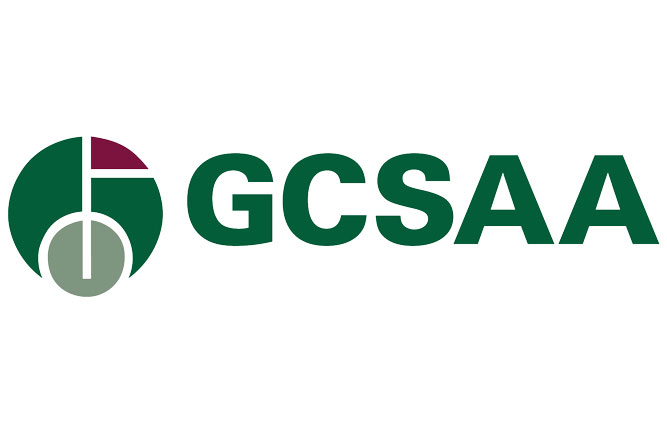Federal judge blocks Clean Water Rule for 13 states
Late on Aug. 27 a federal judge in North Dakota blocked the Clean Water Rule (CWR) for 13 states, hours before Aug. 28 when it was due to take effect. The CWR is authored by the Environmental Protection Agency (EPA) and the Army Corps of Engineers under the Clean Water Act (CWA).
“Judge Ralph Erickson of the District Court for the District of North Dakota found that the 13 states suing to block the rule met the conditions necessary for a preliminary injunction,” reports The Hill.
The rule was an attempt by the two agencies to clarify which “Waters of the United States,” also known as “WOTUS,” are overseen by the federal government. The 13 states where the ruling has been temporarily halted are Alaska, Arizona, Arkansas, Colorado, Idaho, Missouri, Montana, Nebraska, Nevada, New Mexico, North Dakota, South Dakota and Wyoming.
It is unclear at this time if the ruling reaches beyond those 13 states, although The Hill reports that “the Obama administration says it will largely enforce the regulation as planned, arguing that the Thursday decision only applies to the 13 states that requested the injunction.”
The Golf Course Superintendents Association of America (GCSAA) has announced in a news release that it has joined with other industries, including agriculture, homebuilders, energy and transportation, to create a Waters Advocacy Coalition. The GCSAA has concerns that the rule will “add additional permitting and regulatory requirements and hurdles that could adversely impact golf course design and management.”
Thirty-five states have taken legal action to try to halt the new rule, alleging the measure violates the CWA and impedes on state rights. In addition to the North Dakota ruling, federal judges in other states are still considering injunctions that would block the rule further.
Although the CWA has been in place since 1972, the new rule greatly expands the scope of waters that come under federal jurisdiction.
“As an association, we were not pleased with how this rule developed, and we will continue to support legislation to withdraw the rule, including Senate Bill 1140, which aims to get impacted stakeholders a seat at the table to develop a new rule that creates more certainty and bright lines” says Chava McKeel, GCSAA director of government relations. “GCSAA will continue to serve as an information source to assist with compliance for members and the entire golf industry.”
Introduced in April, Senate Bill 1140 would require the EPA and the Corps of Engineers to immediately withdraw the WOTUS rule, complete economic analyses and adhere to a certain principles when introducing any new rule. H.R. 1732 is the companion to S.B. 1140 and has already passed the full House, according to a news release from the GCSAA.
Now the definition of what is federally regulated water has been expanded to potentially include man-made lakes, water hazards on golf courses and ditches. There is also confusion as to what is and is not covered by, and exempted by, the new rule — and there could be fines.
“This rule could seriously impact all superintendents,” says Kevin Sunderman, director of grounds at Isla del Sol Yacht and Country Club in St. Petersburg, Fla. “I now have at least 20 percent of my golf course under federal jurisdiction and if I want to move dirt near those areas I will need additional permitting at additional cost.”
In its news release, the GCSAA has recommended several steps to help with CWA compliance:
- Conduct an assessment of the water features, flood plains, wetlands and operational/proposed activities at your facility.
- Consider permits when undertaking activities in, over or near WOTUS. Those include the Army Corps of Engineers 404/individual permits, NPDES permits for pesticide applications, 402, FEMA (permits generally administered through your state) and any state stream/water quality/flood plain permits.
- Consider hiring a qualified environmental consultant to help you navigate the process. Ensure they have experience with state and federal permitting.











